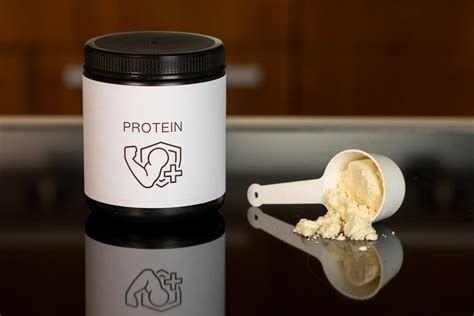How to optimize muscle recovery for daily peak performance?

The Crucial Role of Muscle Recovery in Daily Peak Performance
In the relentless pursuit of fitness and athletic excellence, many focus intently on training, diet, and supplementation. However, one critical element often gets overlooked or undervalued: muscle recovery. True peak performance isn’t just about how hard you push yourself; it’s equally about how effectively your body recovers and rebuilds. Neglecting recovery can lead to plateaus, increased risk of injury, chronic fatigue, and ultimately, a halt in progress. Understanding and implementing effective recovery strategies is paramount for anyone aiming to perform at their best, day in and day out.

Pillars of Optimal Muscle Recovery
1. Prioritize Quality Sleep
Sleep is arguably the most powerful recovery tool at your disposal. During deep sleep cycles, your body produces the majority of its Human Growth Hormone (HGH), essential for tissue repair and muscle growth. It also helps to reduce cortisol levels (a stress hormone) and restore your central nervous system. Aim for 7-9 hours of uninterrupted, quality sleep each night. Establish a consistent sleep schedule, create a dark and cool sleep environment, and avoid screens before bed to enhance sleep quality.
2. Fuel Your Body with Proper Nutrition
What you eat directly impacts your body’s ability to repair and rebuild muscle tissue. Post-workout nutrition is particularly vital, focusing on a balance of macronutrients.
- Protein: Essential for muscle protein synthesis (MPS). Consume high-quality protein sources like lean meats, fish, eggs, dairy, or plant-based proteins throughout the day, especially after workouts. Aim for 1.6-2.2 grams per kilogram of body weight daily.
- Carbohydrates: Replenish glycogen stores depleted during exercise. Complex carbohydrates like whole grains, fruits, and vegetables provide sustained energy and aid recovery.
- Healthy Fats: Support hormone production and reduce inflammation. Include sources like avocados, nuts, seeds, and olive oil.

3. Stay Adequately Hydrated
Water plays a crucial role in nearly every bodily function, including nutrient transport, waste removal, and maintaining joint health. Dehydration can significantly impair performance and delay recovery. Drink plenty of water throughout the day, not just during workouts. Electrolyte-rich beverages can also be beneficial during intense or prolonged training sessions to replenish lost minerals.
4. Implement Active Recovery and Mobility Work
While rest is important, complete inactivity isn’t always the best approach. Active recovery, such as light cardio (walking, cycling, swimming), helps increase blood flow to muscles, delivering nutrients and flushing out metabolic waste products without adding significant stress. Mobility work, including dynamic stretching, foam rolling, and static stretching, can improve range of motion, reduce muscle soreness, and prevent stiffness.

5. Manage Stress Effectively
Chronic stress elevates cortisol levels, which can hinder muscle repair, suppress immune function, and interfere with sleep. Incorporate stress-reducing practices into your daily routine, such as meditation, yoga, deep breathing exercises, spending time in nature, or engaging in hobbies you enjoy. A calm mind supports a recovering body.
6. Consider Targeted Supplementation (If Necessary)
While whole foods should always be your primary focus, certain supplements can support recovery, especially for those with high training volumes or specific deficiencies. Common recovery-aiding supplements include:
- Creatine: Enhances ATP production for energy and aids muscle growth.
- Branched-Chain Amino Acids (BCAAs): Can help reduce muscle soreness and promote protein synthesis.
- Magnesium: Important for muscle function, nerve transmission, and sleep quality.
- Omega-3 Fatty Acids: Possess anti-inflammatory properties.
Always consult with a healthcare professional before adding new supplements to your regimen.

Integrating Recovery into Your Daily Routine
Optimizing muscle recovery isn’t a one-time event; it’s an ongoing process that requires consistency and attention to your body’s signals. Listen to your body, schedule rest days, and be adaptable. On days when you feel particularly fatigued, opt for lighter training or prioritize active recovery. Track your sleep, nutrition, and workout performance to identify what strategies work best for you.
Conclusion
Achieving daily peak performance is a holistic endeavor where recovery stands as an equal partner to training and nutrition. By consciously integrating sufficient sleep, targeted nutrition, consistent hydration, active recovery, and stress management into your lifestyle, you empower your body to repair, rebuild, and come back stronger. Embrace recovery as a vital component of your fitness journey, and unlock your full potential for sustained performance and long-term health.










